
MOURNING
14-01-2021 by Freddie del Curatolo
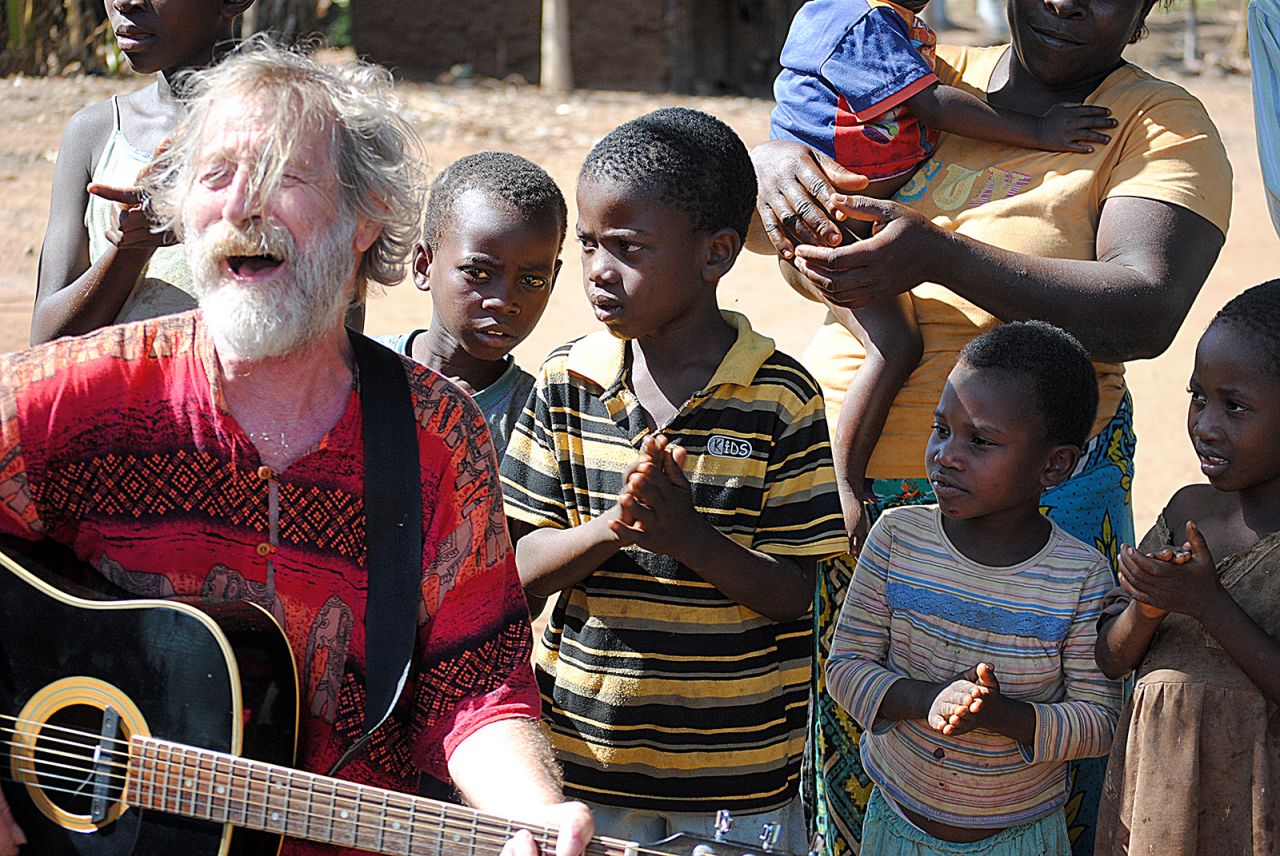
He had loved Kenya naturally, as pure as he was.
It had been one of his last physical, not spiritual, journeys.
He was a traveller of words, so much so that he often arrived before almost all his colleagues, and of notes, experimenting with a little of everything, including the unexperimentable.
Francesco Magni, a singer-songwriter from Brianza who had his moment of popularity when he took part in the 1980 Sanremo Festival with the provocative ballad "Voglio l'erba voglio" (I want grass) and who was the first to sublimate the dialect of Manzoni in a series of songs that tell of a land of peasants and simple people eaten away by progress that is not at all sustainable, has left us at the age of 71 after a long illness that until the very end did not manage to undermine his irony, his desire to celebrate art and small things. In addition to being able to welcome him several times in Malindi, I also had the honour of writing the preface to his autobiography (or rather "disagiography" as the subtitle suggests) "L'erba voglio era nell'orto" (The grass I want was in the garden).
Here it is. Hello Franz, maramao and prawns.
THE WHITE GOHU
The Gohu, wise elders of the Giriama tribes, have skin like baobab bark.
Like the well-known African tree, they are said to live up to a thousand years, but only to a small extent as human beings.
In the rest of their immaterial essence, they will be summoned by other Gohus and express themselves on all matters that govern their society.
As the sedan carrying four 'wazungu' (white men) passes through the Kenyan village of Kaoyeni, inland from Malindi, three Gohus sitting in the shade of an acacia tree look at each other as if they have picked a fourth for trump.
But the Gohu do not play trumps, nor do they play burraco.
To tell the truth, the Gohu do not even know playing cards.
They simply know the truth, and they know that they don't need to explain it to anyone, because it wouldn't change anything.
The truth rules the world much less than the intestines do.
This is what the venerable Kazungu used to say.
So they decide to follow the fourth trump with their eyes.
The sedan climbs up the green hill that borders a rudimentary football pitch with goals made from rusty pieces of scrap metal that a kind soul, or more likely a fanatic painter, has painted white.
He stops on the summit, where the road becomes an impassable track, at the edge of a sunburnt cornfield.
Against the light, the profiles of a few women appear, waving smiles and preparing their hands and arms to welcome.
Behind them, mud huts overhung by uncertain roofs of dry palm trees from which a spring of souls of all weights and sizes emerges in rapid sequence.
This is the heart of the village of Kaoyeni.
Out of the sedan comes a big man armed with clumsy and inoffensive manners and decked out in a wig. At least the women think so.
"It's not him, he's not ready yet," the Gohu convey to each other, in the language of the snakes.
Then two girls come out.
One has clay dust on her face and a camera in her hand, the other a bag full of rice and beans over her shoulder and astonishment on her feathered eyelids.
Finally the fourth trump materialises.
He has the stature of a giriama "mzee", of an elder from Waruni's world, from the time of oracles and migrations, hunting and slavery.
It is not the white beard, nor the elegance of his gait.
It is his eyes, like slits in the sky between equatorial clouds, that make him timeless.
A Western Gohu.
"There he is", the Giriama sages say to each other in the dialect of the monitor lizards.
In Africa, wherever there is wisdom, there is ritual.
And where there is ritual, there is music and people dancing.
A Gohu is almost baobab, is almost wood.
It can recognise a drum, a kora from miles away.
A joke, predicting the sound box of a guitar.
The fourth trump sits in the middle of a crossroads, while other children rush in with celebration in their chests.
There is joy at the funeral of a Gohu.
Everyone knows that it will become a baobab or, if it really doesn't work out, a ficus benjamin.
The dance is light, the music is vibrant, energetic, positive.
And all around is life.
When the White Gohu sings his song, the wise gyros understand that he is singing a de profundis.
And my land goes down the drain
With the irrigation ditch, the sky and the land
And my land is going down the drain
There's nothing more, nothing more to do
It's a much bigger funeral, more inexorable perhaps.
But precisely because of this, the joy that flows from it is overflowing, infinite.
There is hope in the gazes of the mothers who bless this meeting, there is wonder in the feet of the children who jump at every stroke of the guitar, you can see the shadow of a beautiful dream resting on the hips of the adolescents who will be at the centre of the joyful or dramatic representations of every new rebirth.
"It's a wise and good song, which will live a thousand years like us" confirm the Gohu, in the voice of the red ant.
The men also arrive.
Some come back from the fields, their hands still dirty from the earth that the man who lives less than a hundred years has stolen from the baobab man.
Others now work in the world regulated by their intestines and return every evening to the village to wash off their fatigue, with a little muddy well water.
Some find a drum, others improvise the steps of the "mwanzele", the dance of the giriama farmer.
It is the time when the cracks in the sky become light, the wind makes the leaves play, the birds draw the air.
It is the song that was to be played that afternoon in Kaoyeni.
The Magni closes the last chord.
He looks around and can see nothing but serenity.
I try to translate in Swahili to the villagers "My land", Leni and Giusina continue to photograph the faces, clothes, looks, smiles, shyness and dignity of the last ones in southern Kenya.
The Gohu are no longer under the big acacia tree.
Someone has heard a grass snake, a monitor lizard and a red ant singing:
And my land goes down the drain
With the irrigation ditch the sky and the meadow
And my land is going down the drain
There's nothing more, nothing more to do
Perhaps it is not necessary to face or share Magni's human and artistic journey to become a baobab.
It is not India, Africa or the Far East that will give you a licence for wisdom or inner serenity.
Let alone Sanremo or Milan to drink.
I have lived here for a long time and I know the story of the Giriama, I try to deal less and less with my intestines and more and more with the truth.
And when you read these pages you will not find the malice, complacency, arrogance disguised as the goodness of a modern "fourth trump", but the true and inevitable life of Francesco Magni, the white Gohu.
EVENTS
by redazione
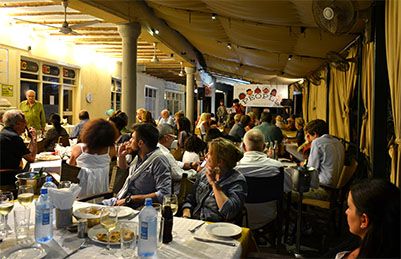
An evening of friendship and the pleasure of being together in the atmosphere of "trattoria" of the People Bar & Restaurant.
Monday evening, February 13, Freddie and Sbringo acoustically meet his friend singer Andrea Parodi, a friend of many Americans...
LUTTO
by Freddie del Curatolo

A great friend of Malindi and Kenya has been missing in Italy.
At just ...
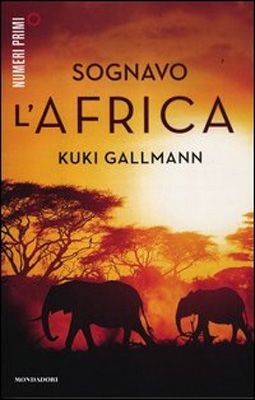
Kuki Gallmann had "a story to tell".
This novel is his story.
PERSONS
by redazione
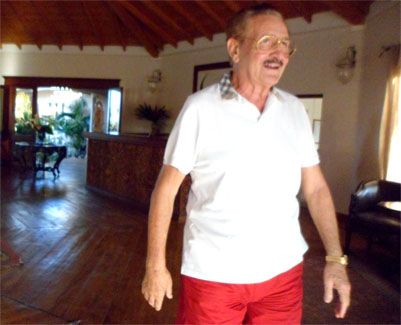
A grievous mourning envelops the Italian community in Malindi, he has left us one of the deans of the "Italian colony".
Brescia manufacturer Renato Marini. Worn out from a long illness, he died at his home behind the Galana Center,...
MOURNING
by Freddie del Curatolo
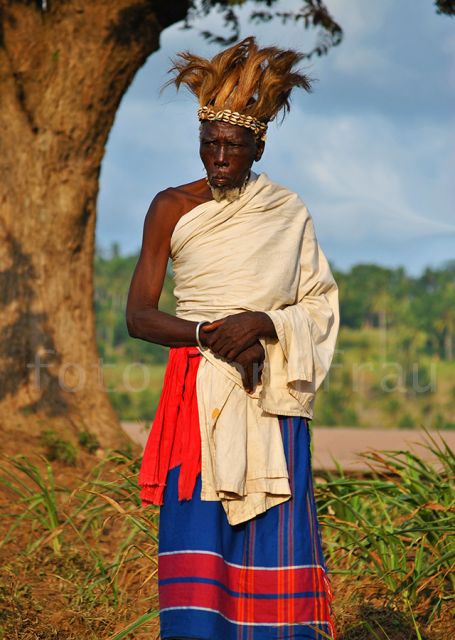
NEWS
by redazione

The farewell to the old banknotes in use to date in Kenya is near. The effective deadline, announced...
EVENTS
by redazione

This year Freddie of the Curatolo chose children as a public to tell her stories of Kenya, between nature, solidarity and fun moments.
They are elementary schools, especially quarters and scenes, listening to stories that go from baobab to schools...
EVENTS
by redazione
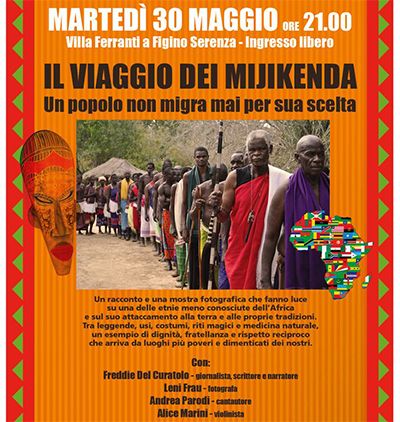
An evening of stories about Kenya and the Mijikenda ethnicity this Tuesday at Figino Serenza in the province of Como.
With free entrance, in the beautiful and elegant frame of Villa Ferranti, the headquarters of the municipal library, Malindikenya.net's director...